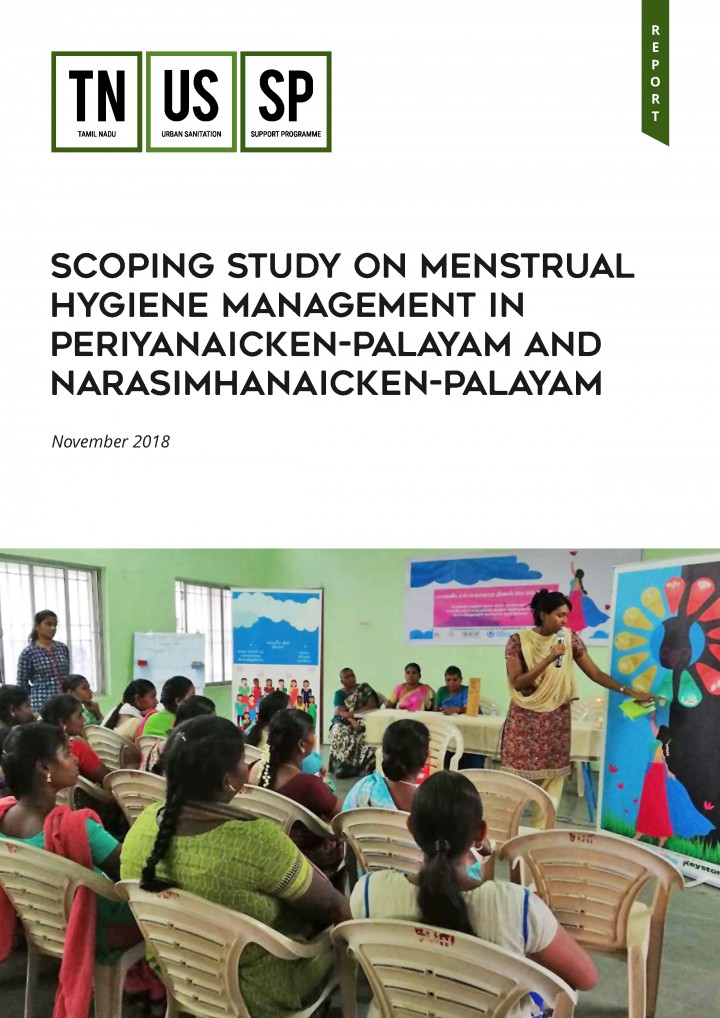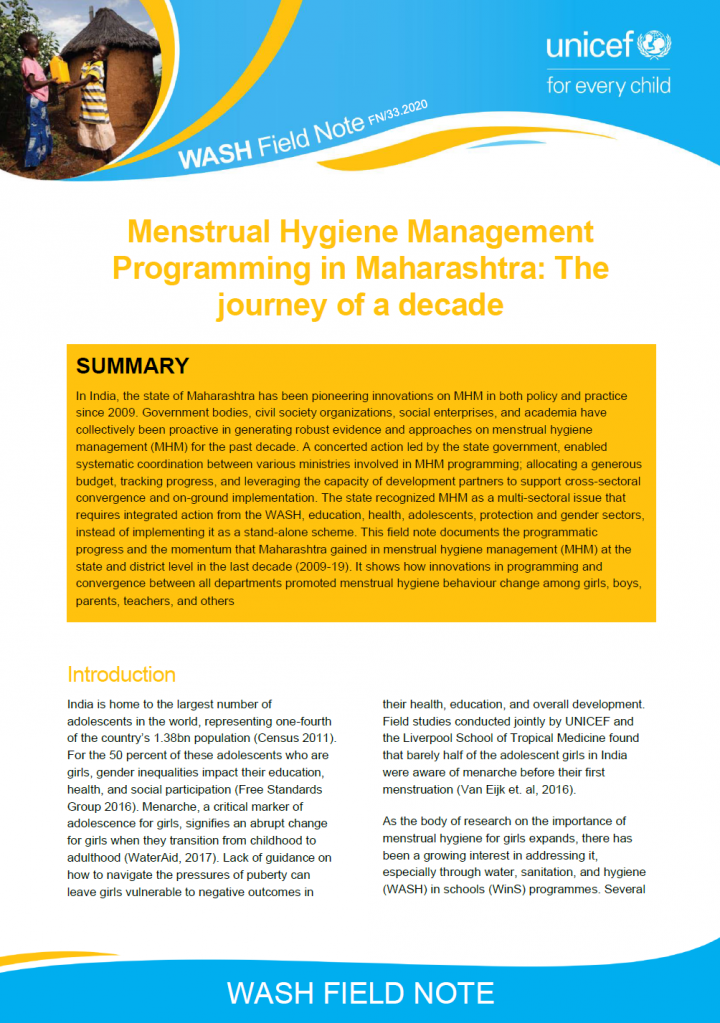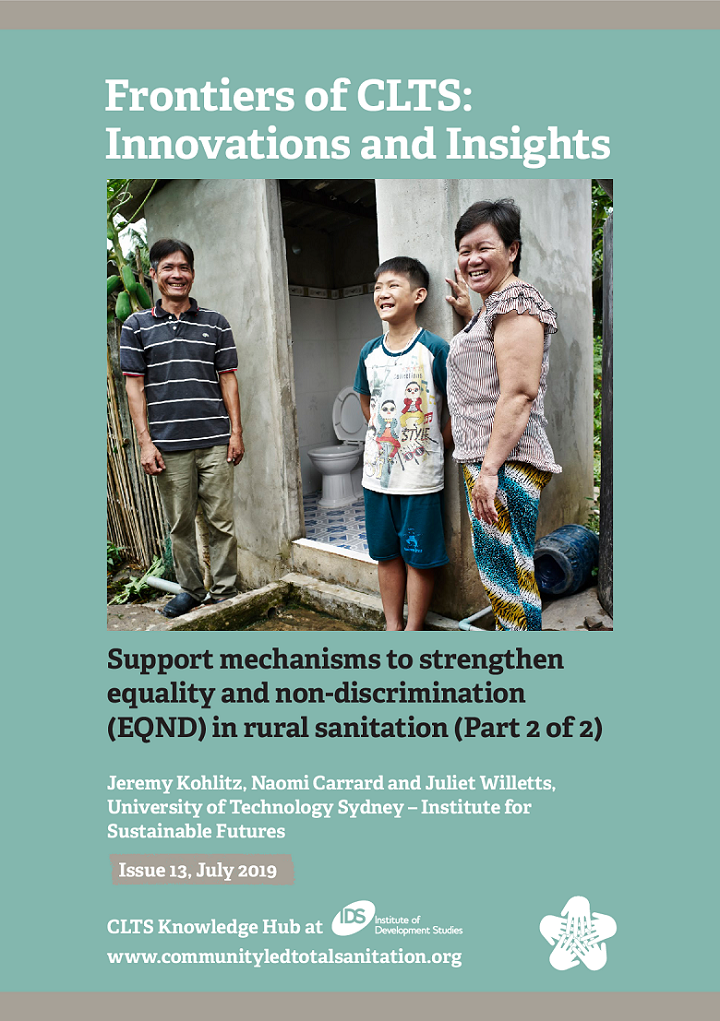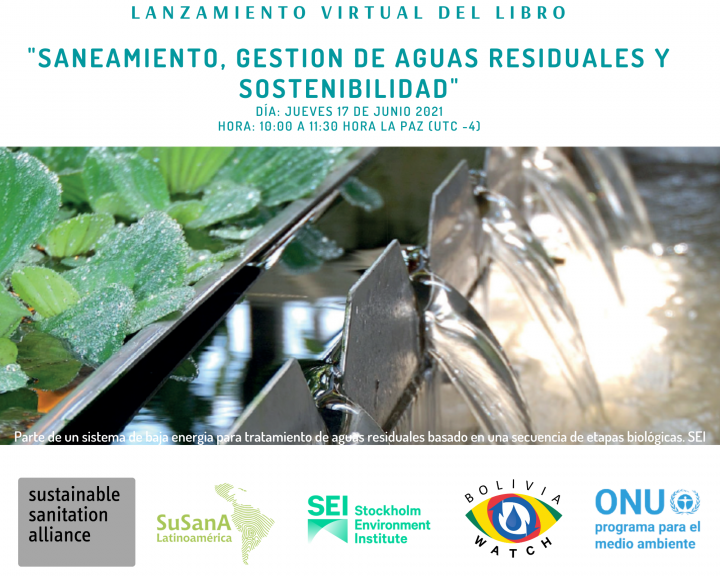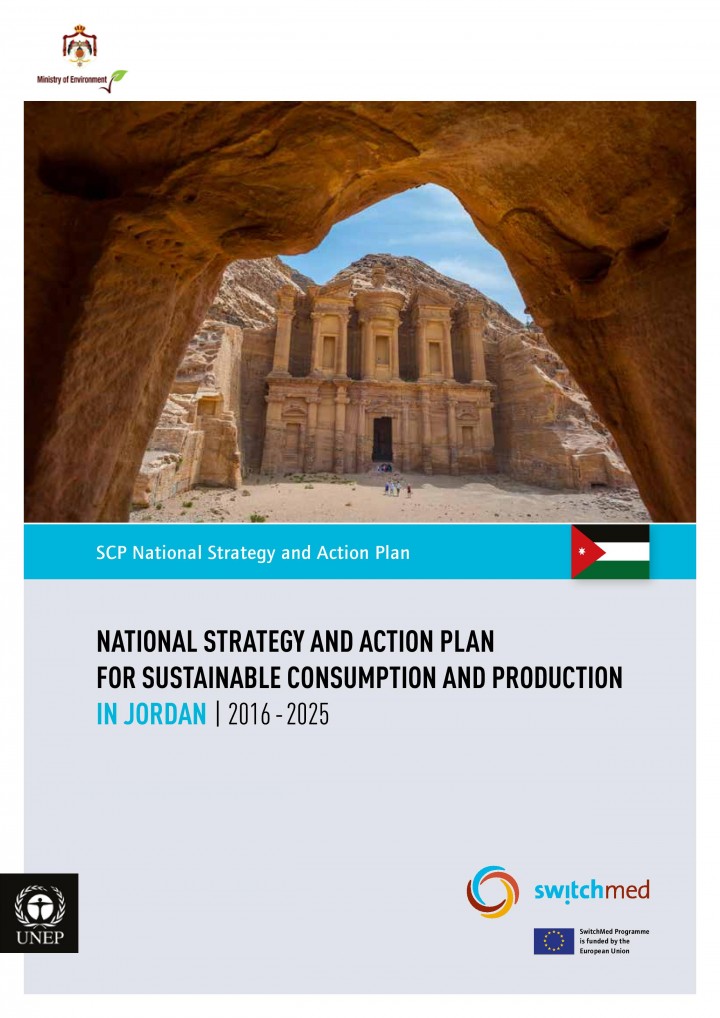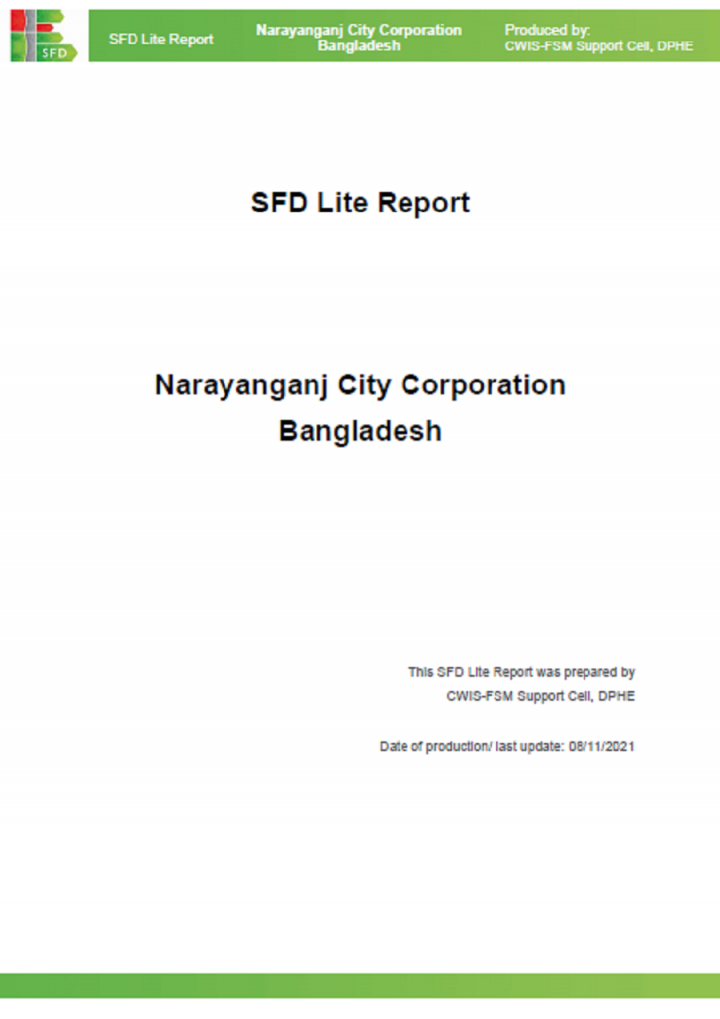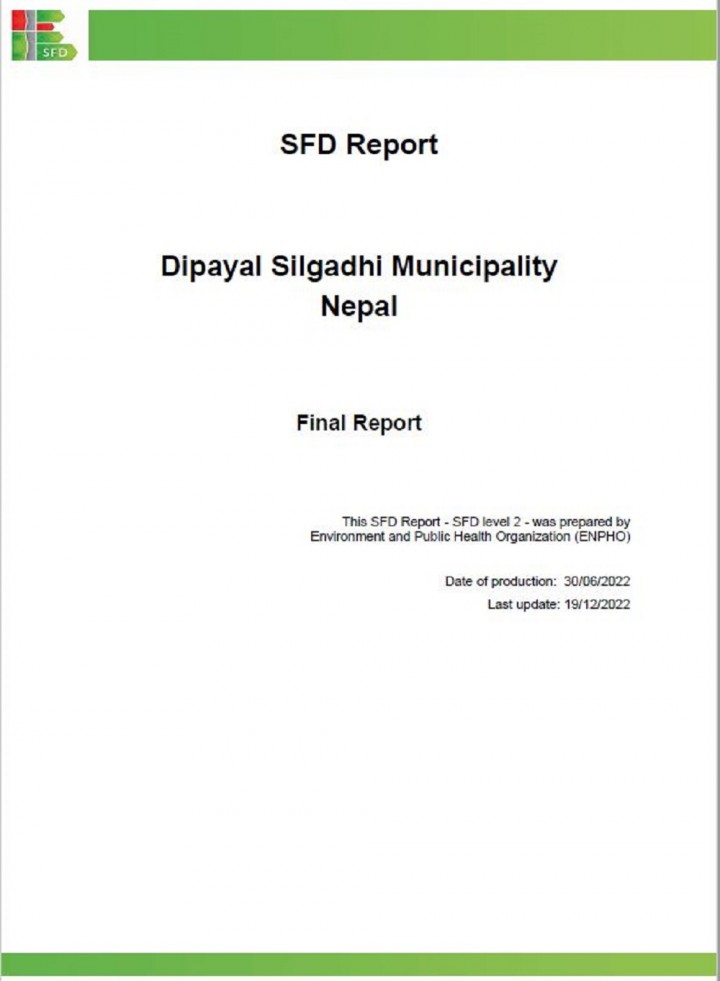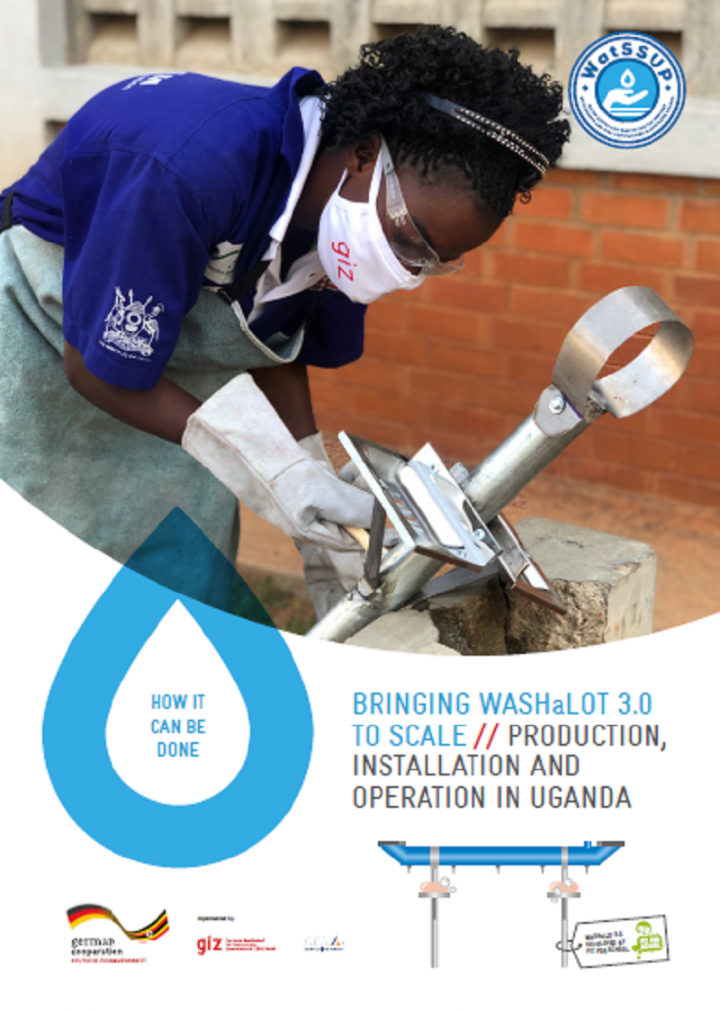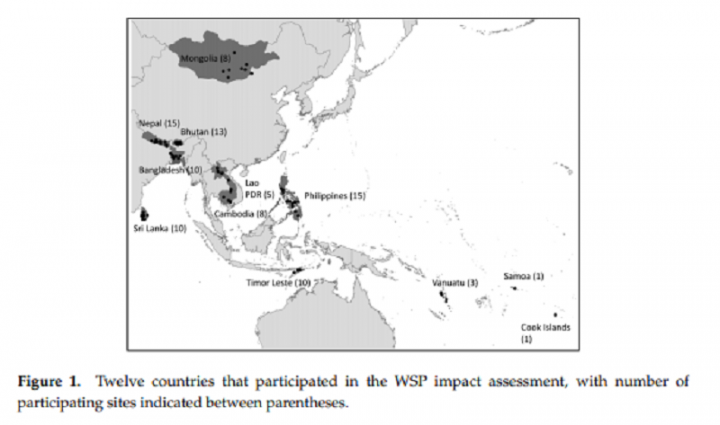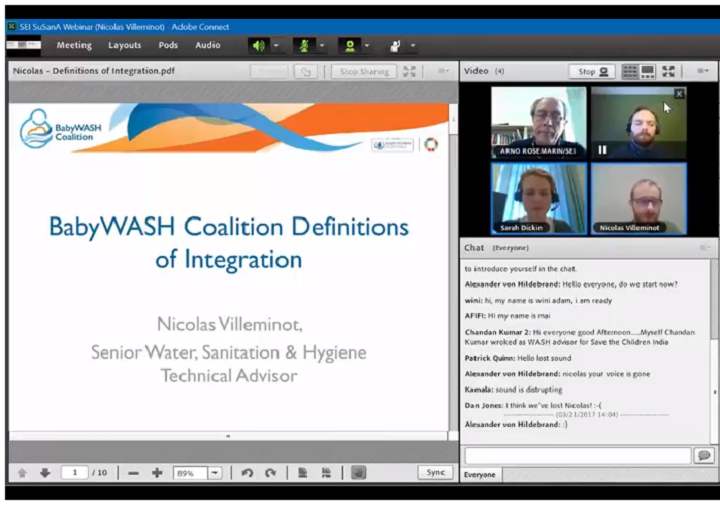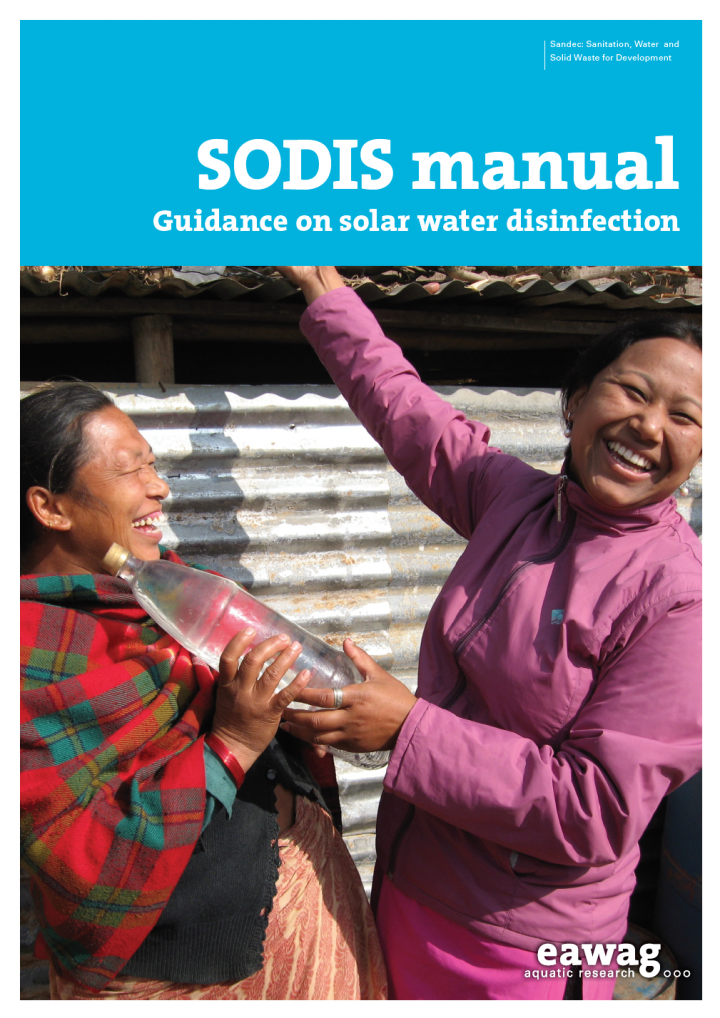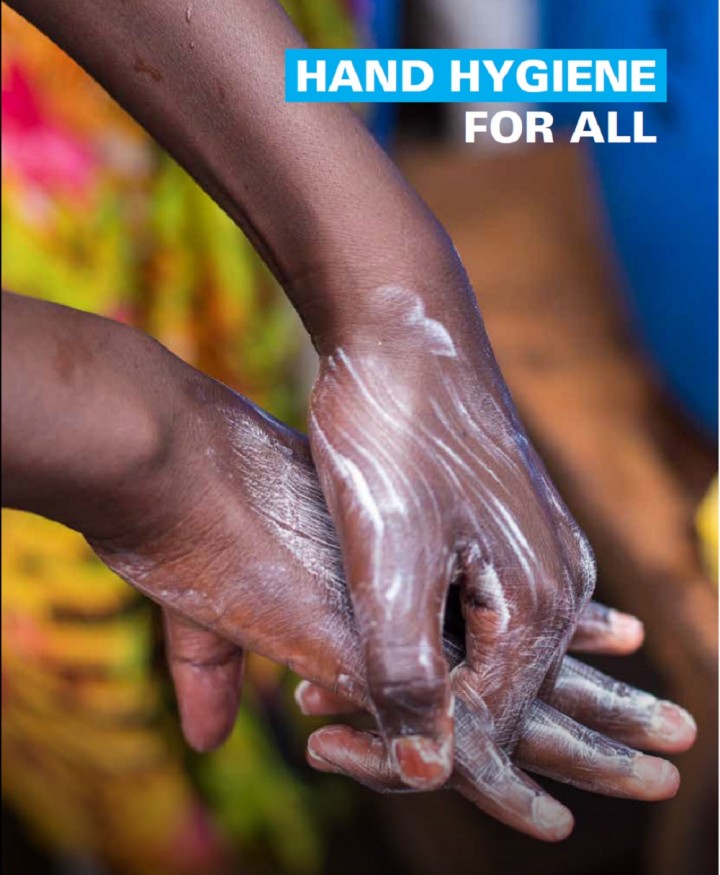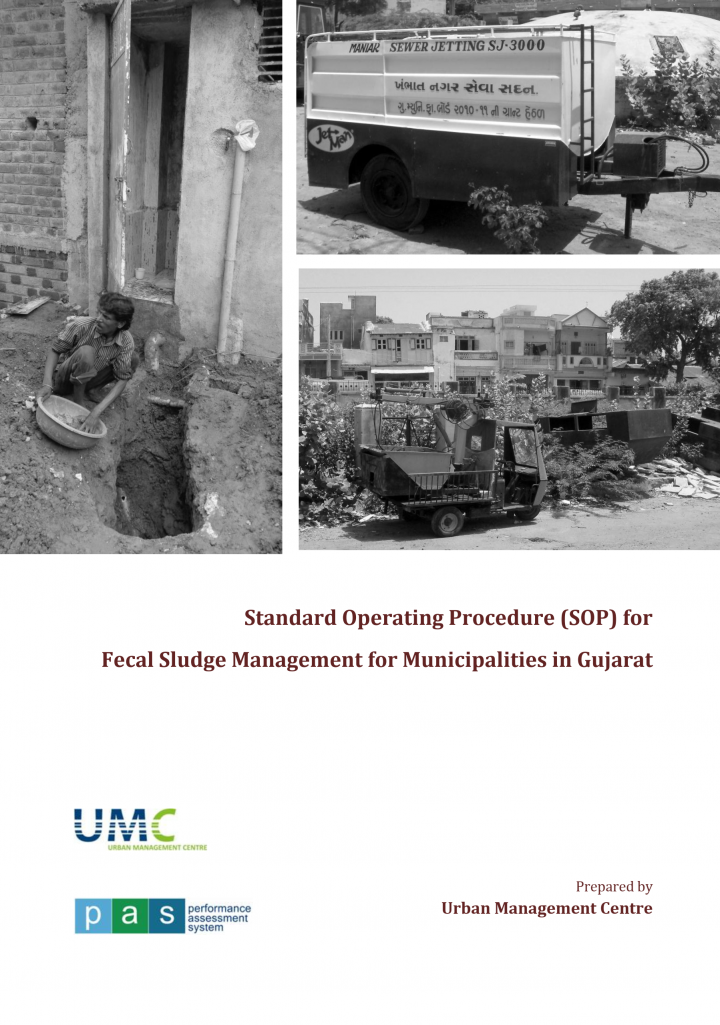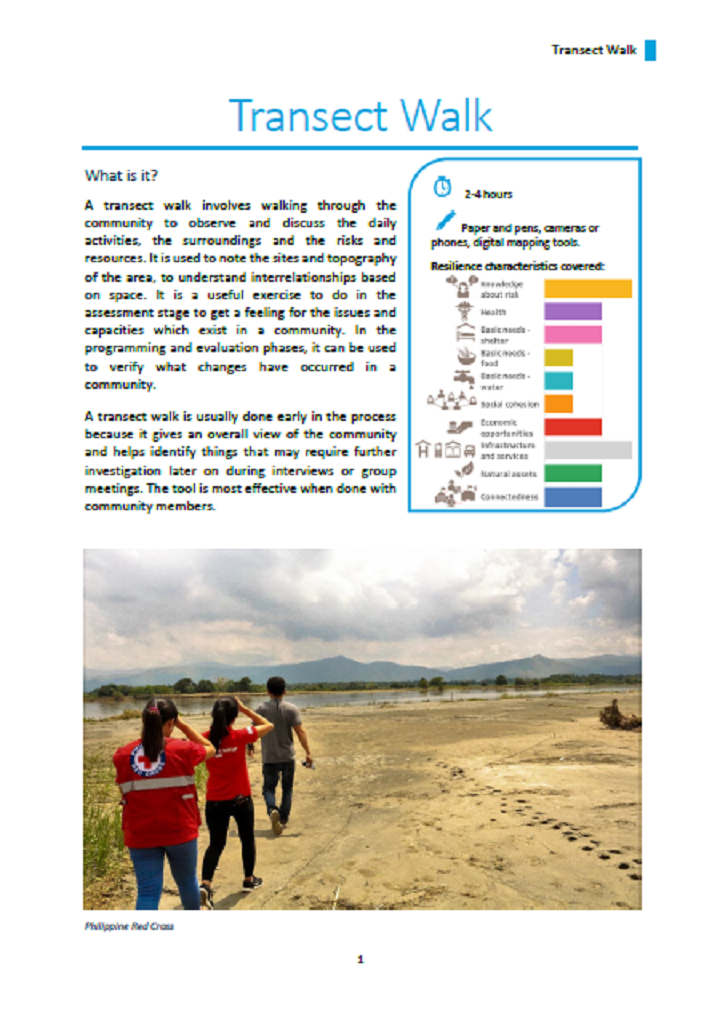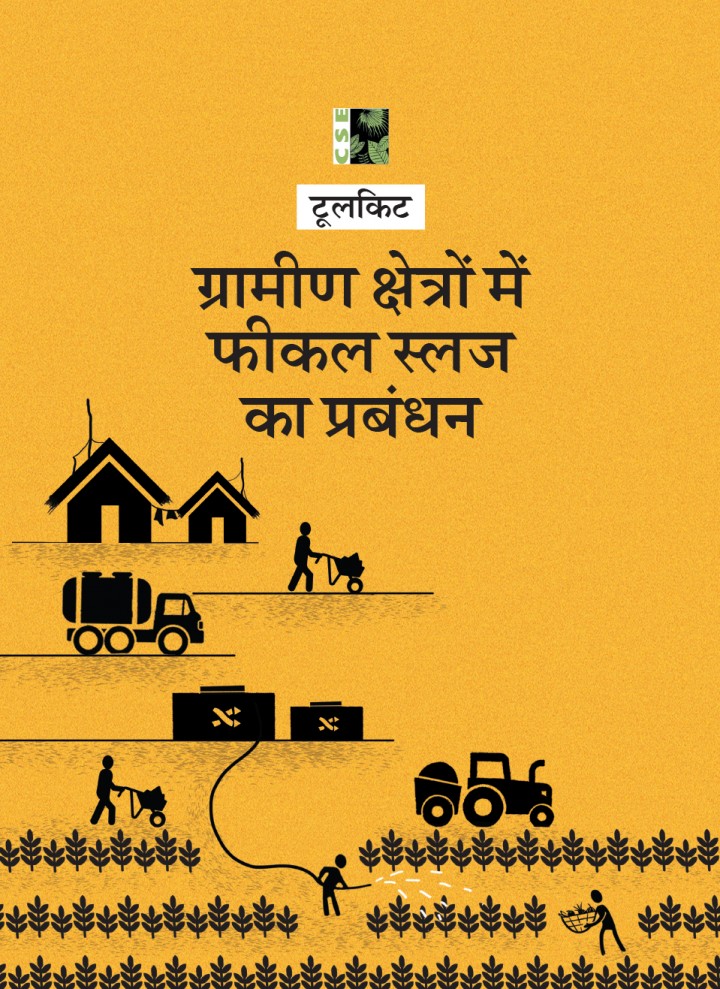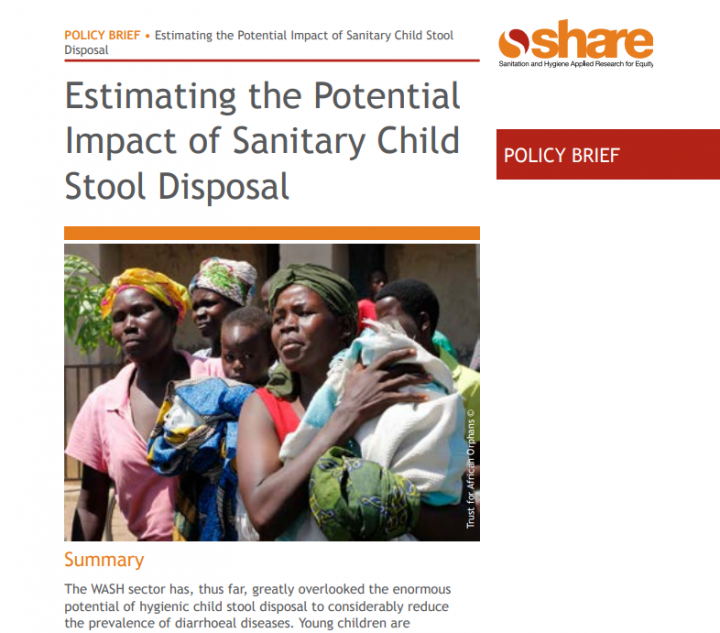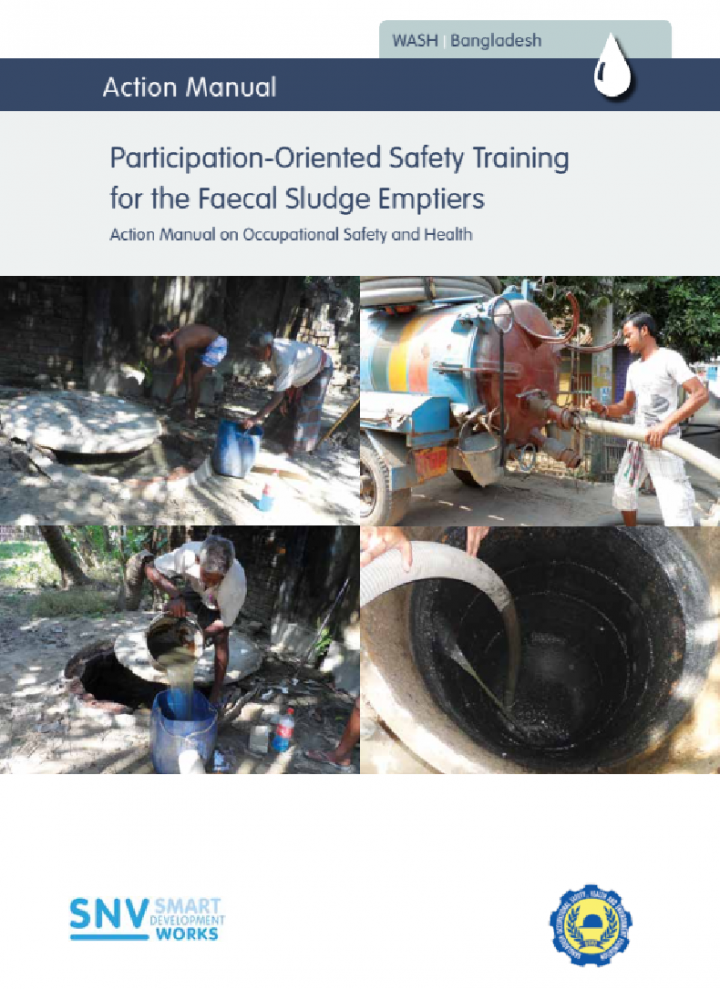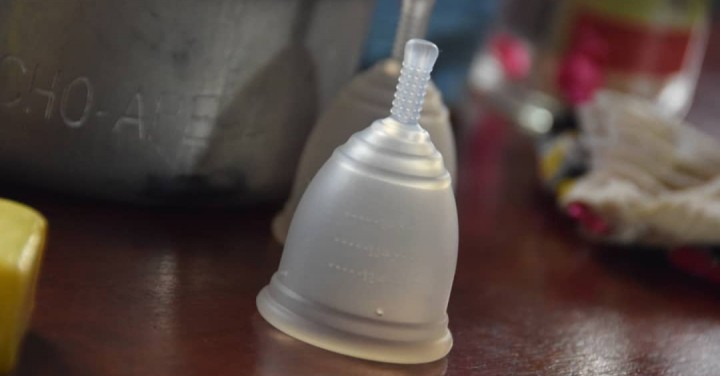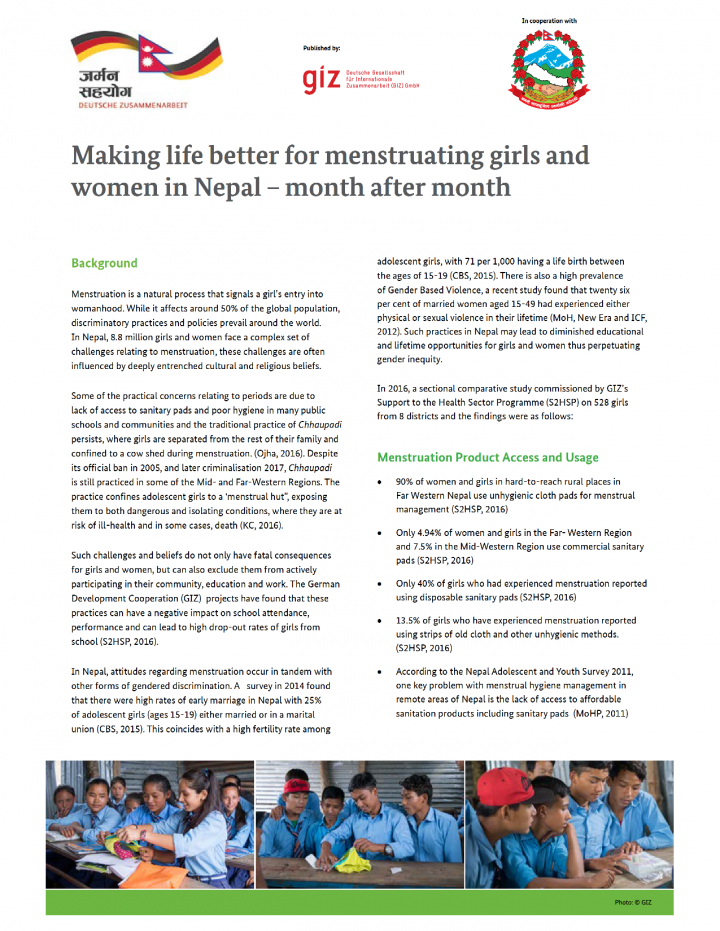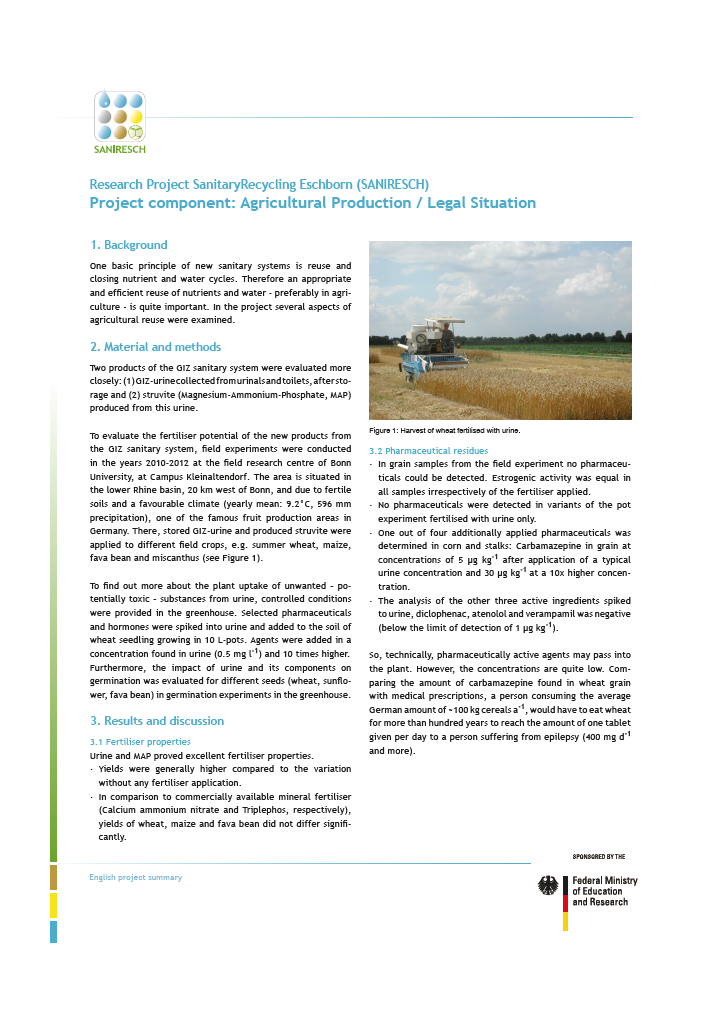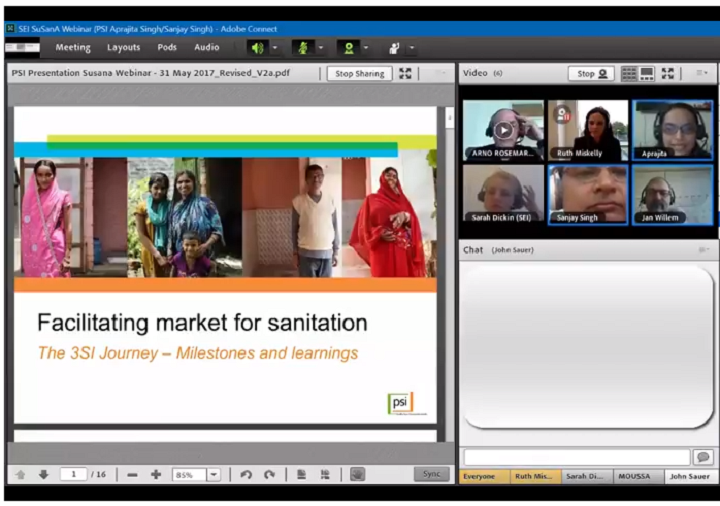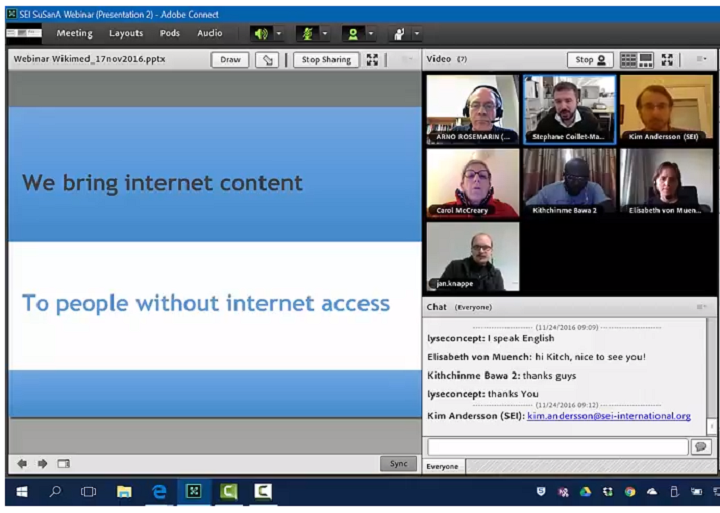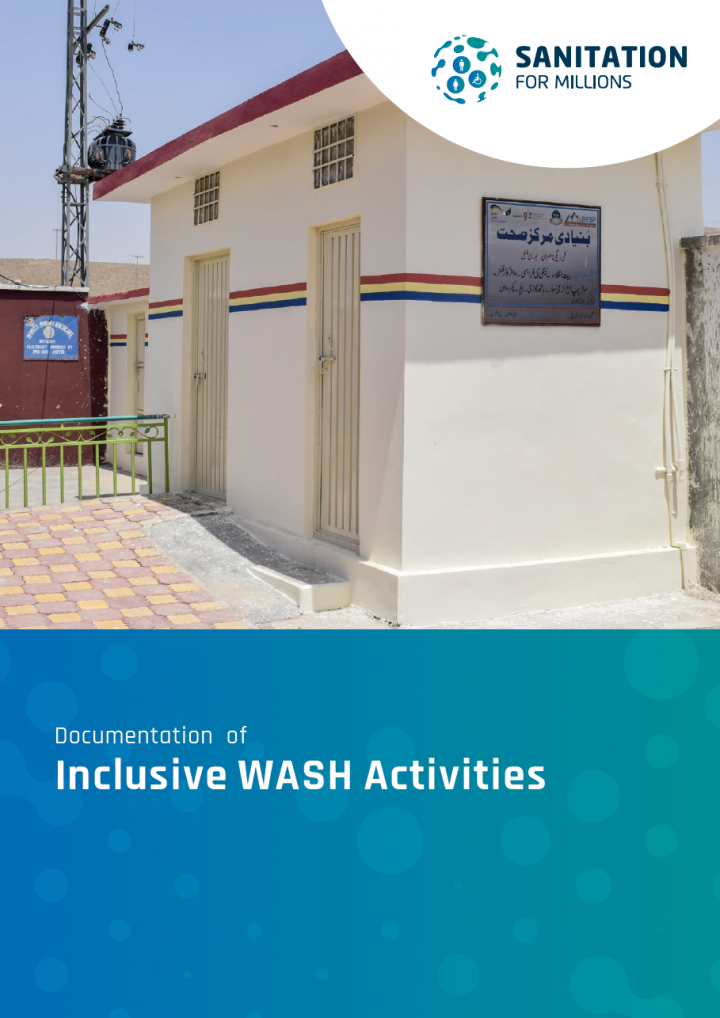Searching for information on Sanitation Workers?
The Sanitation Workers Knowledge + Learning Hub is the best source for all current news, trends, articles and updates on sanitation workers rights around the world.
Improper disposal of menstrual waste is a noteworthy challenge when it comes to Menstrual Hygiene Management (MHM). Polymeric sanitary napkins, which have largely replaced cloth napkins, are made of material that is non-biodegradable, leading to the accumulation of used napkins in landfills. Accumulated menstrual waste can be hazardous because menstrual blood on napkins stagnates for a long time …
In India, the state of Maharashtra has been pioneering innovations on MHM in both policy and practice since 2009. Government bodies, civil society organizations, social enterprises, and academia have collectively been proactive in generating robust evidence and approaches on menstrual hygiene management (MHM) for the past decade. A concerted action led by the state government, enabled systematic …
Achievement of adequate and equitable access to sanitation for all, and an end to open defecation, requires that special attention is given toward disadvantaged groups. It has become apparent that the benefits of conventional rural sanitation programming and service delivery are often not spread equally, and risk leaving disadvantaged groups behind. This issue of Frontiers of CLTS examines the …
The National Strategy and Action Plan for Mainstreaming Sustainable Consumption and Production intoAgriculture/Food Production, Transport, and Waste Management Sectors in the Hashemite Kingdom of Jordan (2016-2025) aims at supporting the implementation of agreed on SCP strategic, operational objectives and actions at the national level. This document has been prepared in line with the regional …
Narayanganj City Corporation, established in 2011, is one of the 8 city corporations of Bangladesh. It was formed comprising Narayanganj Town, Siddhirganj Municipal area, and Kadamrasul Municipality. It consists of 27 wards. Before its establishment as a city corporation, it was a municipal corporation. The Narayanganj Municipality was incorporated on 8 September 1876. Narayanganj, a city in …
Dipayal Silgadhi municipality is the district headquarters of Doti District in Sudurpashchim Province of Nepal. The former district headquarters of Far Western Development Region, Dipayal Silgadhi lies in the lesser Himalayas on the bank of Seti River at 29°16′N 80°56′E. The municipality comprises nine wards, the smallest local government unit. (Municipality, 2018).
The total population …
This field note provides an overview of the WASH and health financing project that is being implemented in the state of Maharashtra, India – The Ecosystem Approach. The project integrates WASH behaviour change communication (BCC) with rural household microlending programs to drive household water and sanitation access through loans. This initiative aims to establish open defecation free (ODF) …
The COVID-19 pandemic highlighted the need for regular hand hygiene at a global level. Although the urgency of this context cannot be denied, the benefits from streamlining hand hygiene at a global scale are immense and go beyond the current pandemic response.
WASHaLOT is an innovative group handwashing facility that has been adapted for the Ugandan context. It is a durable, cost effective, …
This study investigated the effectiveness of Water Safety Plans (WSP) implemented in 99 water supply systems across 12 countries in the Asia-Pacific region. An impact assessment methodology including 36 indicators was developed based on a conceptual framework proposed by the Center for Disease Control (CDC) and before/after data were collected between November 2014 and June 2016. WSPs were …
The SODIS method is a water disinfection method, making use of the sun’s energy and using PET bottles. It exploits the germicidal effect of solar radiation – especially UV-A radiation - on diarrhoea causing pathogens.
SODIS is recognized as one of several viable methods for household water treatment. It has been promoted, both as a stand-alone intervention and as one component in broader …
Three billion people – 40 per cent of the world’s population – do not have a place in their homes to wash their hands with water and soap. Three quarters of those who lack access to water and soap live in the world’s poorest countries and are amongst the most vulnerable: children and families living in informal settlements, migrant and refugee camps, or in areas of active conflict. This …
A transect walk involves walking through the community to observe and discuss the daily activities, the surroundings and the risks and resources. It is used to note the sites and topography of the area, to understand interrelationships based on space. It is a useful exercise to do in the assessment stage to get a feeling for the issues and capacities which exist in a community. In the programming …
Faecal sludge management is essential to consolidate the gains from Swachh Bharat Mission. This is a toolkit in Hindi for practitioners for FSM in rural India. This toolkit in Hindi is a useful toolkit for managing faecal sludge in rural areas. It fills a gap in know-how and is of use to planners and practitioners to improve the management of faecal sludge in rural areas. It will be useful to …
This policy brief highlights the often overlooked and enormous potential of hygienic child stool disposal to considerably reduce the prevalence of diarrhoeal diseases.It features new evidence on the determinants of child stool disposal and offers recommendations for the WASH and health sectors.
In Bangladesh, the most commonly used sanitation options such as pit-latrines and pour-flush latrine use pits or septic tanks for containing faecal sludge (FS) for a certain period of time which require regular emptying when the tanks or pits become full. This emptying and disposing of faecal sludge is usually performed in a traditional (manual) way by a certain group of people in the society …
WoMena receives many questions from the women and girls we reach out to, from our trainers and our partners. Therefore, the team collect a series of questions and answers regarding topics like Menstrual Cups functionality, maintenance, health & safety, economy, and other concerns.
WoMena periodically update the questions and answers.
This factsheet is outlining current menstrual health and hygiene developments in Nepal. It also highlights the problems many girls and women encounter in accessing sanitary products.
In order to address this the production of sanitary pads by local women's cooperatives using sanitary pad machines, is supported by German Development Cooperation. These processes of facilitating the procurement …
This component dealt with the agricultural use of urine and MAP (struvite) as fertiliser as well as the related legal aspects.
The component was led by the University of Bonn.
Here you can find the results of the project component "Agricultural production / Legal situation" that has been presented at the DWA conference "NASS-Tage" and the factsheet gives you a short overview about the main …
Patuakhali is a coastal town and district headquarter of Patuakhali district, is located on the southern bank of Laukathi river in the division of Barisal in Bangladesh. It is 280 km away from Dhaka city and well connected through road and water. It is the administrative headquarter of Patuakhali district and one of the oldest towns and municipalities in the country. Patuakhali municipality was …
‘Leave no one behind’ is at the core of the Sustainable Development Goals (SDGs). Leave no one behind means for Sanitation for Millions that everyone, in any inhabited place, has access to a safely managed sanitation facilities and/or safe (hand-) hygiene, and thus can fulfil his/her WASH needs adequately and with dignity. Yet, as per WHO and UNICEF still more than 4.2 billion people suffer …

